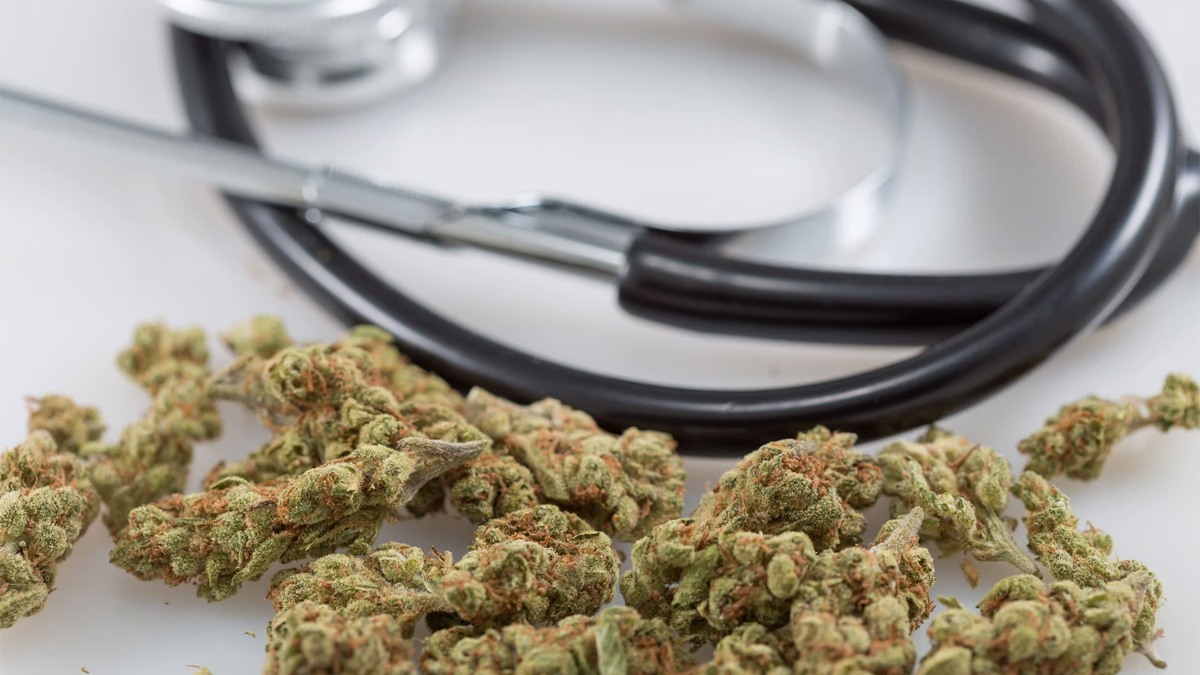A US Representative has proposed a new bill that would reduce the penalties for cannabis use or possession for military service members, bringing them in line with current penalties for alcohol use.
According to the Uniform Code of Military Justice (UCMJ), a military service member who is too drunk to show up for duty can be sent to the brig for three months or forfeit two-thirds of their pay for three months. The maximum penalty for drinking on duty is 9 months of confinement, forfeiture of allowances and pay, and a bad-conduct discharge.
The punishments for getting stoned on duty are far more severe. The maximum penalty for possession of up to 20 grams of weed is 2 years of imprisonment, forfeiture of all allowances and pay, and a dishonorable discharge. Any soldier that is caught with more than 30 grams of bud can be jailed for up to 5 years. A dishonorable discharge is a more serious offense than a bad conduct discharge, similar to the difference between a felony and a misdemeanor in civil courts.
Last week, Rep. Anthony Brown (D-MD) proposed the Restoring Equity For Offenses Related to Marijuana (REFORM) Act, a bill that would rectify this senseless disparity. The new bill would amend the UCMJ so that the penalty for the “wrongful use of marijuana” would not exceed the penalty for being drunk on duty. The penalty for “wrongful possession of marijuana” would also not be allowed to exceed the punishment for “incapacitation for duty from drunkenness or drug use.”
Further, the bill would also require every branch of the military to issue annual reports about their drug testing and evaluation programs. These reports would need to detail how many drug tests were administered, the number of members who failed the tests, what drugs were detected, and what punishments were handed out to those who did fail the tests. Services would also be required to include an analysis of any race- or gender-based disparities relating to drug testing.
“Equal justice and our efforts to ensure equity in our country cannot ignore the disproportionate toll cannabis prosecutions have on servicemembers of color,” said Brown to Marijuana Moment. “Black service members are disproportionately investigated and punished for drug-related offenses.”
“The current code is out of date and out of touch with the current reality in our country, especially when you consider that some of these service members are enlisting from states where cannabis is legal,” Brown added. “The men and women of our armed forces defend our shared values. We need to ensure the military justice system is providing equal, unbiased justice for all. The REFORM Act is a critical step in those efforts.”
All armed services continue to prohibit members from using medical or recreational pot, federally-legal CBD oils, or even hemp-based shampoo. The US Department of Veterans Affairs (VA) prevents its doctors from recommending medical marijuana to veterans, or even discussing it. The VA will also deny benefits to veterans or employees who are using cannabis, regardless of its legality in their state of residence.
Progressive lawmakers like Rep. Brown have proposed dozens of bills to reduce the negative effects of cannabis prohibition on current or former military service members. Congress has debated proposals to legalize medical pot for veterans, remove penalties for veterans or active service members who use weed, or even just authorize research for using cannabis to treat common military-related mental and physical health issues. But each and every time, lawmakers have struck these bills down, with full support from the Biden administration.
Chris Moore via (https://merryjane.com/news/lawmakers-propose-bill-to-reduce-weed-related-penalties-for-military-service-members)
Keep out of reach of children. For use only by adults 21 years of age or older.










